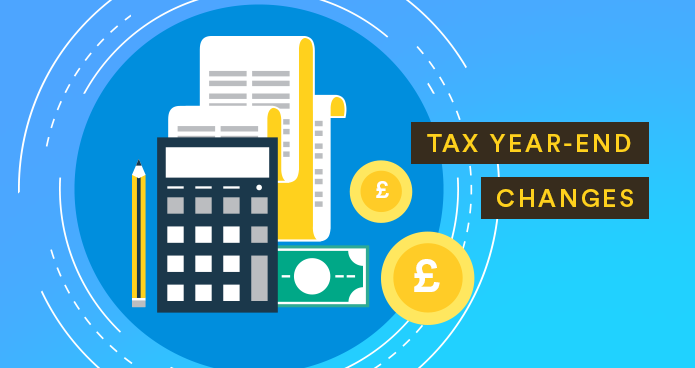In June 2021 the Office of Tax Simplification (OTS) issued a paper outlining the scope of a new high-level investigation into the advantages, costs, and broader consequences of altering the end-of-tax-year date for taxpayers.
April 5 No more?
As we all know so well, the tax year in the UK runs from April 6 to April 5 of the following year for historical reasons. However, the present tax system and infrastructure in the UK were established around this date. This is the conclusion of a calendar quarter as well as the closest month-end date to the end of the current fiscal year. It is also the end date of the UK fiscal year, against which the UK government compiles its own accounts and to which corporation tax rates are applied.
31 st March
The recent review will explore the consequences of moving the tax year-end to 31 March, as well as potential alternative ways to address practical difficulties associated with the UK's tax year ending on 5 April. The OTS is conducting a high-level study and analysis of the advantages, costs, and broader consequences of changing the end date of the UK tax year for people and will issue a report in the summer of 2021. While the study will largely target tax simplification concerns, it will also consider the consequences of any changes in other areas, such as tax credits and benefits.
31 st December: Adjusting the EU
Furthermore, the OTS will describe the key extra concerns, costs, and advantages that would need to be evaluated if the tax year ended on December 31. Many major tax systems, including the United States, France, and Germany, have a fiscal year-end date of December 31. Ireland changed its fiscal and accounting year ends from 5 April to 31 December in 2002. In this scenario, the transitional year would be three months and five days shorter, lasting from April 6 to December 31 of the following year.
Changes in payroll and software
- With a tax year-end modification, the deadline for the complete payment summary would not need to be changed. Payments for PAYE, on the other hand, maybe pushed forward if the tax month corresponded with the calendar month. This change may have further consequences for the employer payment summary deadline, resulting in major changes in payroll schedules across the UK.
- However, OTS also clarifies that The OTS is the government's independent adviser on tax simplification, challenging tax complexity to benefit all users of the tax system; it does not execute reforms; these are matters for the government and Parliament. The OTS began this study in response to HMRC's current call for evidence on modernising the tax administration system.
- The OTS will analyse the importance of the Exchequer, the tax gap, and general compliance, specifically with respect to Income Tax, PAYE, National Insurance Contributions, Capital Gains Tax, and Inheritance Tax.
- It will also evaluate the financial and administrative consequences for taxpayers, employers, and enterprises. Consideration of the practical consequences for HMRC, particularly how their systems operate will also be done.
Effects on Making Tax Digital 2023
OTS will take into account interactions with other government agencies and decentralised governments. Consider the implications for sectors related to people, such as partnerships and trusts. Communicate with the Advisory Board on Administrative Burdens and consider valuable foreign experience. “A switch in date may represent a huge challenge for tax professionals, HMRC, and members of the public alike, necessitating a total upheaval of the UK's tax and payroll systems and software,” said Katharine Arthur head of private client at Haysmachintyre.’’. The transition to ‘Making Tax Digital' in 2023 will almost definitely have been a significant motivator behind the decision to reassess the tax year-end date: for self-employed persons, managing various VAT and income tax deadlines can add to whatever administrative difficulties they face. “Regardless of the transitional challenges that altering the dates would involve, matching the tax year-end with the UK's financial year finish or with a quarter-end would make a lot of sense. Such a move could be extremely advantageous in the long run for the self-employed and individuals submitting international tax returns.”













